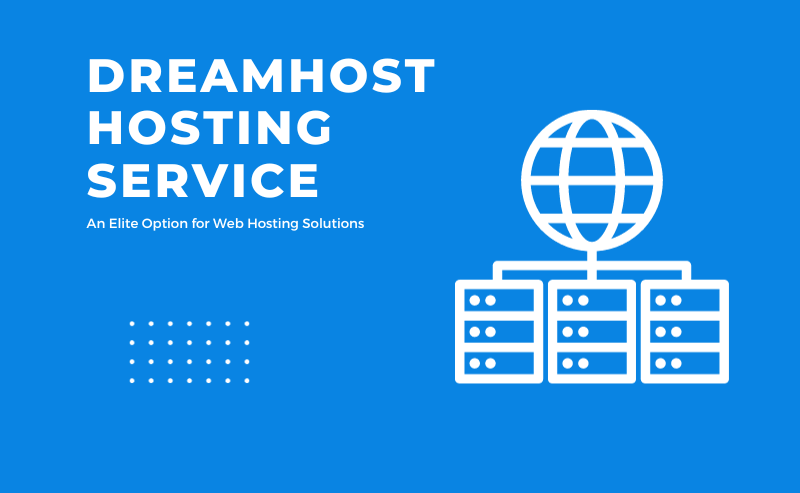A comparison of Ghost vs WordPress reveals differences in the core purposes of these two widely used content management systems. Ghost is designed specifically for bloggers and writers, focusing on content creation and publishing. WordPress, on the other hand, is a flexible content management system (CMS) offering a variety of customization capabilities.
In terms of user experience, Ghost is simpler and faster. WordPress, however, offers a wider range of plugins and themes that give you more flexibility and support. When it comes to cost-effectiveness, Ghost has plans ranging from $9 to $199 per month, or you can choose the free self-hosting option. WordPress, on the other hand, starts at a lower price of $4 per month.
WordPress has the largest library of plugins when it comes to customization capabilities. You can customize your website with these plugins based on your specific requirements. Ghost, on the other hand, offers built-in tools for customization.
If you’re considering using these platforms for business purposes, Ghost is ideal for content-focused businesses with a small team. However, WordPress is suitable for businesses of all sizes. Your choice between Ghost and WordPress will largely depend on your needs, budget, and technical expertise. To enhance the performance of either platform, consider using web hosting services like Bluehost or A2 Hosting.
Table of Contents
Ghost vs WordPress: What Are The Key Differences?
There are key differences between Ghost and WordPress when it comes to their primary focus and user experience. Ghost is a minimalist and user-friendly platform intended for bloggers and writers, which prioritizes content creation and publishing. WordPress, on the other hand, is a flexible and powerful Content Management System (CMS) suitable for various types of websites and offers many customization options.
You should take into account the following points:
Ghost:
- Platform that is minimal and user-friendly
- Specifically designed for bloggers and writers
- Prioritizes content creation and publishing
- Distraction-free writing environment
- Easy-to-use editor and simple design
- Perfect for bloggers who want to focus on content creation and publishing
WordPress:
- CMS that’s flexible and powerful
- Supports a variety of websites
- Provides a lot of customization options
- Makes it easy to build complex websites
- Equipped with e-commerce capabilities, plugins, and numerous theme options
- Suitable for sites with lots of functionality
If you are considering Ghost vs WordPress, make sure to consider your specific needs and the nature of your project. Ghost might be the better choice for someone who wants a simple, content-focused blog. However, it may be more suitable to use WordPress for a website with various functionalities if you require a scalable and flexible platform.
Ghost vs WordPress: How Do They Differ in Terms of User Experience?
In comparing Ghost and WordPress, there are several key differences to consider. The differences are as follows:
Simplicity:
Ghost offers a simpler and more straightforward interface, making it easier for users to operate and focus on their content creation.
While WordPress provides more customization options, users can have more control over the design and functionality of their websites.
Performance:
Since Ghost is specifically built for blogging and publishing, it is known for its speed and efficiency.
Because WordPress is a more flexible platform, it may require more resources and plugins, which can sometimes slow down the website’s loading speed.
Community and Support:
WordPress has a huge community and a wide selection of plugins and themes. As a result, users will be able to find more resources and get help more easily.
While Ghost is becoming more popular, its community is smaller, resulting in a limited range of themes and plugins.
Specific Needs and Preferences:
Overall, the choice between Ghost and WordPress comes down to your personal preferences and needs.
If speed and simplicity are your top priorities, Ghost might be a better choice. However, if you want a large support network and customization, WordPress could be a good choice.
Consider Hosting Providers:
You should also consider hosting providers like Bluehost or A2 Hosting to enhance your overall experience.
It is vital to consider these factors when comparing Ghost vs WordPress and determine what matters most to you when it comes to the user experience.
Ghost vs WordPress: Which Platform is More Cost-Effective?
A number of factors should be considered when comparing Ghost vs WordPress in terms of cost-effectiveness. Both platforms have different pricing structures and features that can impact their overall value.
Ghost is a simple and fast CMS that offers a hosted solution with plans ranging from $9 to $199 per month. These plans include unlimited bandwidth, storage, and team members. Ghost may also be installed on your own server for free, but hosting costs will need to be managed separately.
Pricing for Ghost can be found here.
However, WordPress is a highly customizable CMS that offers a wide range of themes and plugins. A self-hosted version is available for free, but you will need to pay for your own domain name and hosting service. Hosting providers like Bluehost or A2 Hosting offer affordable plans starting from $2.95 to $7.99 per month.
Check out WordPress’ pricing plans here.
Depending on your specific requirements and budget, these platforms may or may not be cost-effective. You may want to consider Ghost’s hosted plans if you are looking for a hassle-free solution. However, if you are interested in more customization options and a lower cost, self-hosting WordPress with a reliable hosting provider may be the best solution.
Choose a platform that is most cost-effective for you based on your needs, technical expertise, and budget.
Ghost vs WordPress: How Do Their Customization Capabilities Compare?
When comparing Ghost vs WordPress customization options, it’s important to keep in mind that each platform offers unique features. WordPress is well known for its rich plugin library, which allows users to add functionalities and customize their websites as they wish. You can choose from thousands of plugins to meet your specific needs.
However, Ghost takes a simple approach, providing a simpler and more streamlined experience centered around blogging’s key features. Although Ghost doesn’t offer as many plugins as WordPress, its built-in tools and customizable themes are worth checking out.
Since WordPress has such a diverse range of plugins, it may be a better choice if customization is your top priority. If you value a simple and straightforward platform that prioritizes writing and content creation, Ghost may be the best choice for you. It all depends on your needs and preferences in the end.
Ghost vs WordPress: Which Is Best for Business Use?
Both Ghost and WordPress have pros and cons for business use. Ghost offers a lightweight and simple platform perfect for content-focused businesses with a small team. It provides a simpler user interface and faster performance.
As for WordPress, it is highly flexible and customizable, making it ideal for businesses of all sizes. It offers a wide selection of plugins and themes available for more flexibility in design and functionality.
Overall, the decision of Ghost vs WordPress depends on your unique requirements and preferences. Determine your goals and needs before making a decision. Ghost may be a better option if simplicity and a streamlined blogging experience are important to you. If, however, you need advanced features such as e-commerce capabilities or extensive customization options, WordPress is your best bet.
Ghost vs WordPress: Which Platform Aligns Best with Your Digital Goals?
Therefore, the ‘Ghost vs WordPress’ argument depends on the unique requirements of each user and business. WordPress’s comprehensive customization capabilities are ideal for those who need a more flexible and feature-rich website, however Ghost’s simple approach is best suited to content creators and publishers seeking a straightforward platform.
In terms of ease of use, range of functionality, cost-effectiveness, or scalability for business applications, both platforms offer unique advantages that should be carefully considered.
If you choose Ghost or WordPress wisely in relation to your project’s nature, technical expertise, and growth strategy, you will be able to build a successful online identity tailored to your specific needs.

